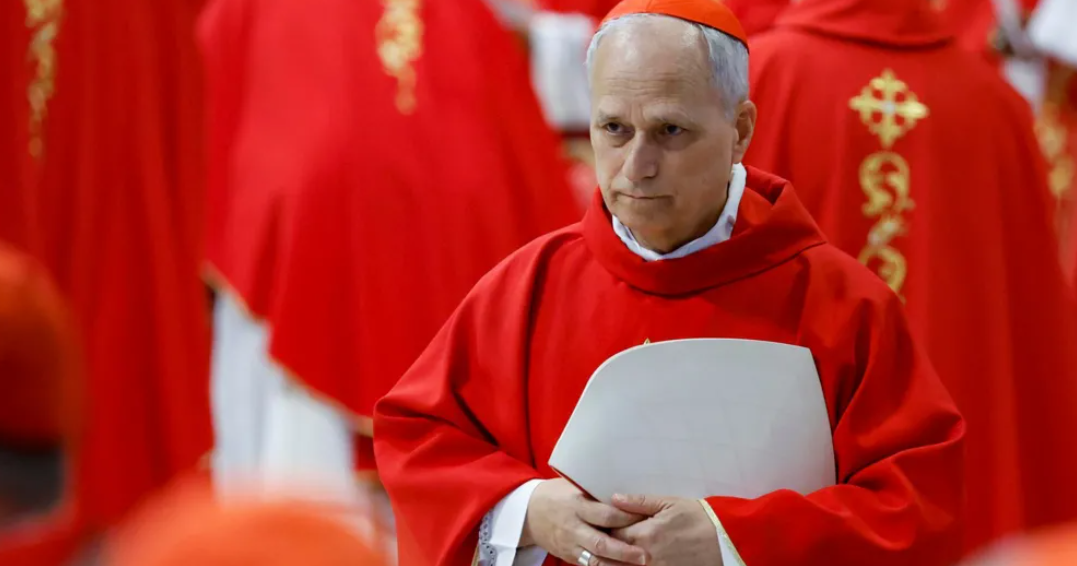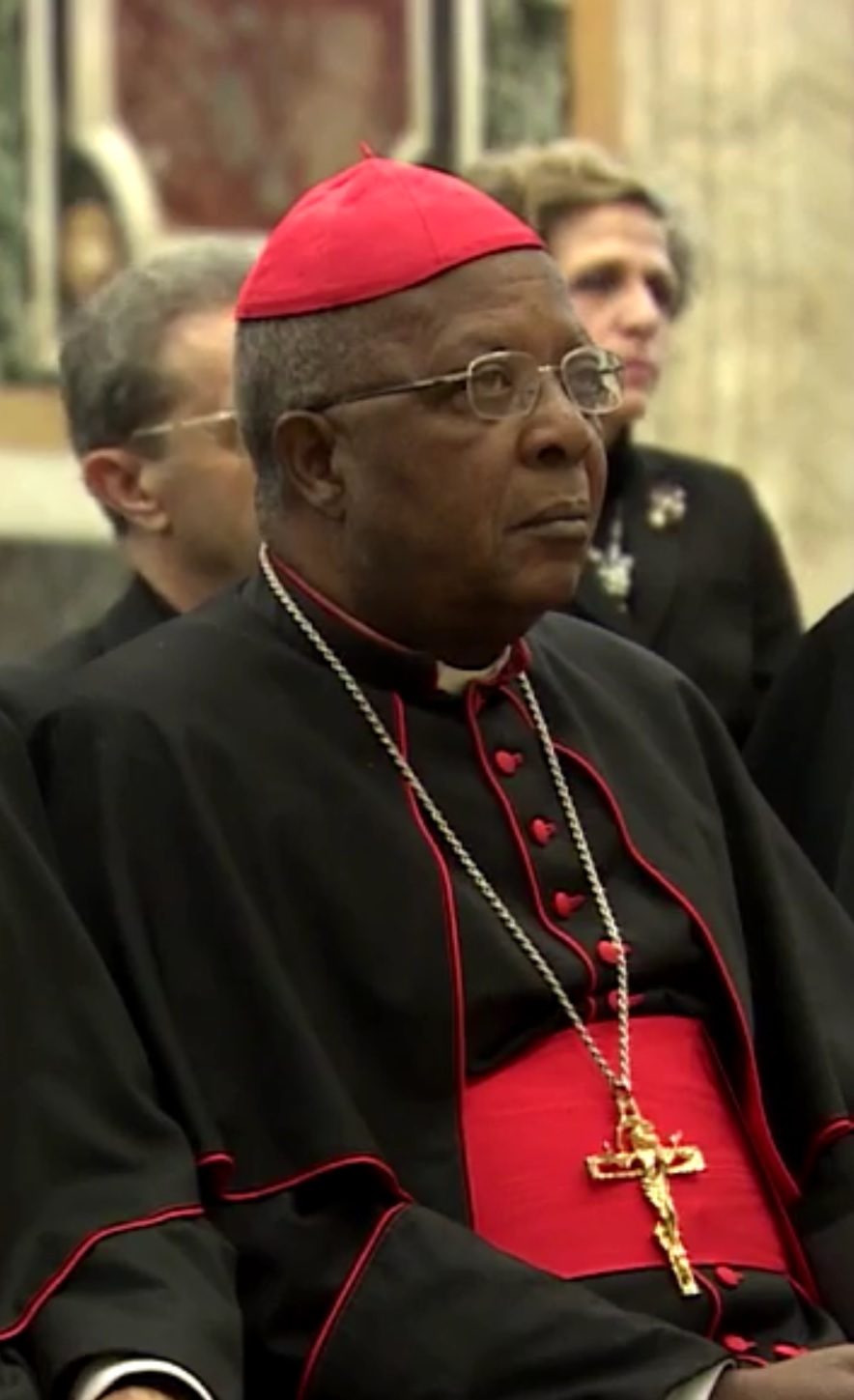Even before his name was revealed, chants of “Viva il Papa!” — Long live the Pope! — echoed through St. Peter’s Square as white smoke confirmed the election of a new pontiff.
At 69, Robert Francis Prevost has become the 267th pope, taking the name Leo XIV. He is the first American-born pope, though many also view him as a Latin American figure, owing to his decades of missionary work in Peru.
From Chicago Roots to Global Ministry
Born in Chicago in 1955 to a family of Spanish and Franco-Italian heritage, Prevost began serving as an altar boy and was ordained in 1982. Just three years later, he moved to Peru, where he spent much of his life working with marginalized communities and training future clergy.
He became a beloved figure in Trujillo, Peru, serving as a parish priest and seminary teacher for a decade. He later obtained Peruvian citizenship and is remembered for his bridge-building leadership.
A Legacy Tied to Pope Francis
Prevost paid tribute to his predecessor in his first public remarks:
“We still hear in our ears the weak but always courageous voice of Pope Francis who blessed us.”
“United and hand in hand with God, let us advance together,” he told the cheering crowds.
The two shared a close bond. Pope Francis appointed Prevost Bishop of Chiclayo in 2014 and later elevated him to Archbishop in 2023 and Cardinal within months, recognizing his leadership as Prefect of the Dicastery for Bishops, where he oversaw the selection of bishops across Latin America.
A Name With Historic Weight
By choosing the name Leo XIV, the new pontiff evokes previous Popes Leo, particularly Leo I, who famously persuaded Attila the Hun to spare Rome, and Leo XIII, known for advocating workers’ rights and social justice during the Industrial Revolution.
Cardinal Seán O’Malley of Boston noted the name reflects a legacy of moral leadership during times of societal upheaval.
What Does Pope Leo XIV Stand For?
Observers are now watching closely to see how Leo XIV will shape the Church. He is expected to maintain the Francis-era focus on migrants, the poor, and environmental stewardship.
Described by friends as down-to-earth and deeply compassionate, he once told Italy’s RAI network:
“I was born in the U.S., but all my grandparents were immigrants — French, Spanish… I was raised in a devout Catholic home.”
On climate change, Leo XIV has called for urgent action, advocating for a “reciprocal relationship with the environment,” and has championed solar energy and electric vehicles at the Vatican.
A Complicated Landscape Ahead
While supportive of Pope Francis’ 2023 declaration allowing blessings for same-sex couples, Leo XIV has emphasized that local cultural contexts must guide implementation, suggesting a cautious but open approach.
He has also backed greater inclusion of women in Church leadership, particularly their historic involvement in the Dicastery for Bishops.
“Their presence significantly enriches discernment,” he told Catholic News Service in 2024.
However, some in the conservative wing of the Church remain uncertain about his stances, particularly on LGBTQ+ issues and broader reforms.
A Pontificate Begins Amid High Expectations
Though American by birth, the Vatican identifies Leo XIV as the second pope from the Americas, following Argentina’s Pope Francis. His global perspective—shaped by U.S. roots, Latin American ministry, and Roman Curia leadership—positions him uniquely at a time of great change and expectation.
As the Church enters a new era under Pope Leo XIV, Catholics around the world await how he will navigate the balance between tradition and transformation.



